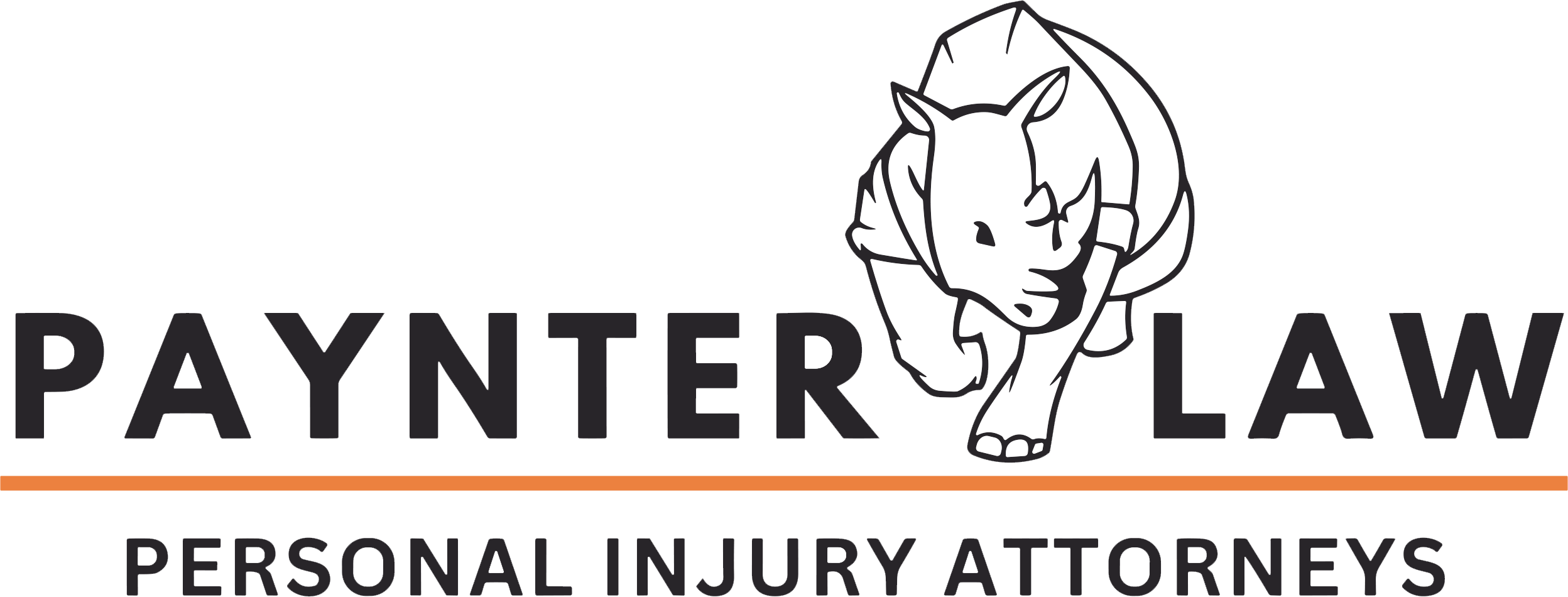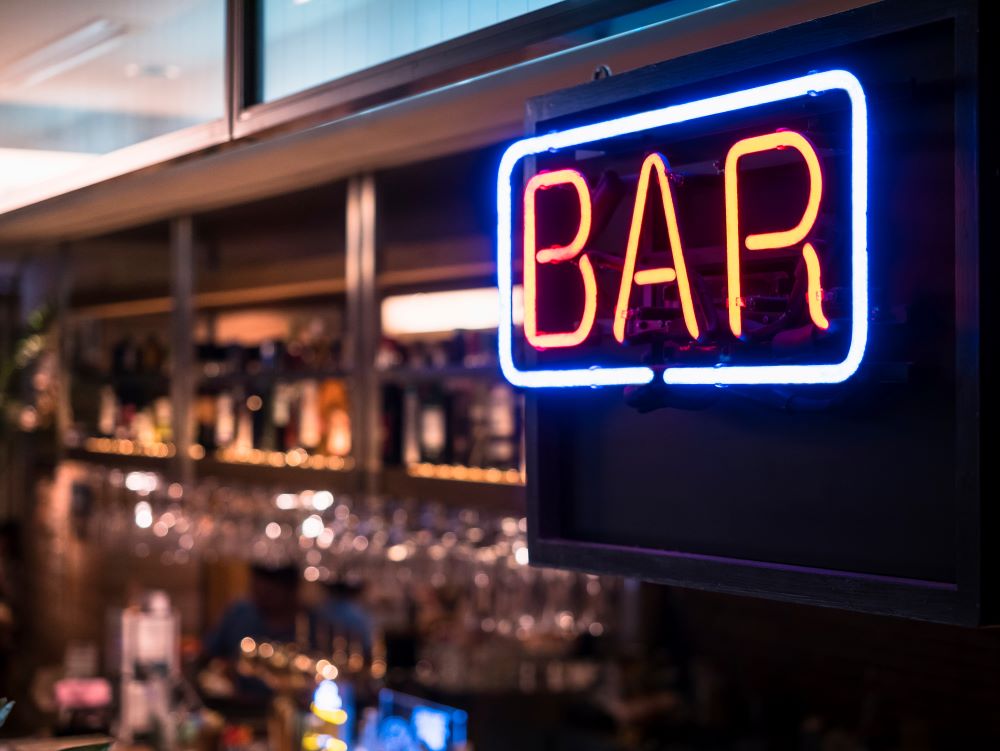Have you been struck and injured by a drunk motorist, or did a loved one lose their life while an intoxicated driver was at the wheel? If so, this is one of many examples of when you might be eligible to hold the bar that served the person who caused the crash liable in addition to the actual driver at fault for causing the accident accountable for their respective actions.
In this article, we’ll share what a dram shop law is. We’ll also highlight different scenarios in which North Carolina’s dram shop law applies. Finally, we’ll wrap up this article by sharing what you should do if you suspect this state statute is applicable in your own case.
What Purpose Does the NC Dram Shop Law Serve?
There are a few different sections of the North Carolina General Statutes (GS) that comprise our state’s dram shop laws. Those include NC GS §18B-121 and NC GS § 18B‑305. Both aim to minimize the occurrence of drunk driving crashes by making it so that businesses can be held liable for selling or serving alcohol to those under the legal drinking age of 21 or overserving other visibly intoxicated customers.
Who Can Be Held Accountable Under This State Statute?
Aside from the NC dram shop law allowing businesses who sell to minors or overserve patrons to be sued, this statute also suggests that any business with a liquor license may potentially be listed as a defendant in cases like these, including:
- Bars
- Nightclubs
- Restaurants
- Breweries
- Wineries
- Liquor stores
- Convenience stores
- Grocery stores
- Entertainment venues, like bowling alleys, arenas with lounges, etc.
Proving Liability in Dram Shop Law Violation Cases
The responsibility falls on the plaintiff, so you, as the victim, to prove liability in a case like this. The key in cases like these is that you, as the victim, must show that:
- The establishment that sold or served the alcohol did so in a way that violated the North Carolina dram shop law
- Selling or serving the alcohol led to intoxication
- There is a direct correlation between that drunkenness and the harm you suffered
Eyewitness accounts or surveillance video footage is often helpful in proving liability in cases like these. Examples of negligence that this evidence may show include:
- A waiter or bartender noticing a patron not being steady on their feet, which should have indicated to them that the patron was intoxicated and not to continue serving them alcohol
- A store attendant that failed to request identification to verify that a customer was 21 or over before selling alcohol to them
What Types of Damages Can You Secure By Naming Businesses That Serve Alcohol as Defendants in Lawsuits?
If successful in filing a lawsuit, you, as the injured party or surviving family member of a decedent, could potentially recover some of the following damages from the negligent entity that overserved alcohol to someone already inebriated or sold alcoholic beverages to minors:
- Economic damages: This category could include costs like medical bills, current and future lost wages, property damage, and any other incident-related expenses.
- Non-economic damages: Classified as this may include pain and suffering, loss of companionship, and disfigurement.
- Punitive damages: Although generally rare, these are most commonly awarded in drunk driving cases. This compensation is what the Court awards in situations where a defendant’s actions were particularly grossly negligent. Damages aim to discourage a defendant and future ones from repeating the same actions.
The above-referenced state statutes do cap damages plaintiffs can recover under the dram shop act at $500,000.
Getting Help If an Alcohol-Serving Entity Played a Role in Harming You in North Carolina
If you’re hurt or recently suffered the loss of a loved one, it’s completely understandable that you need time to heal and adapt to your new normal. However, there’s a very short 1-year filing deadline that applies in most dram shop law violation cases like these. If you miss filing within that statute of limitations, you could forever lose your opportunity to hold a bar, liquor store, or another third party liable for causing your injuries or your loved one’s death.
As soon as during your initial consultation with a lawyer, they can advise you if you have a pursuable case and, if so, what legal options may be available to you. Meeting with an attorney who regularly handles drunk driving cases like this doesn’t cost you anything here at Paynter Law. So, give us a call to schedule your consultation with one of our experienced attorneys. Doing so preserves your right to a settlement if you’re indeed entitled to one. Taking legal action will not only benefit you but also hopefully motivate the establishment to rethink their choices the next time they serve customers so no one else gets hurt.

